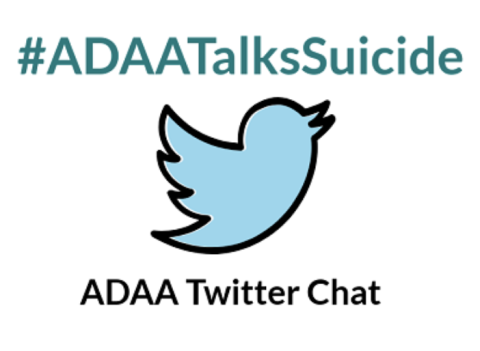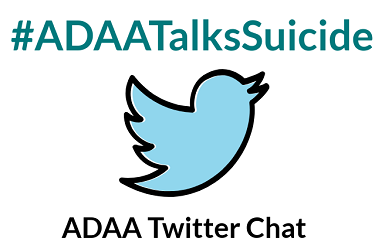ADAA Mental Health Blogs for the Public
Peggy, an attorney in her late 30s, establishes rituals to protect herself from aging and in her mind, becoming ugly. These rituals include 20 to 30 facial wraps a day, washing her face 40 times from morning until night, applying her cosmetics in a ritualized order, and constantly standing in front of mirrors to scrutinize the symmetry of her legs. These rituals last 8 hours a day every single day and cost over $10,000 a month to maintain.
Criticism has never been easy and people are finding that it’s getting harder to tolerate. From a young age, you quickly learn what is “trending” or “cool” and the pressure to buy into these social expectations becomes increasingly arduous for an individual to keep up with. The continuous pressure to perform at our best makes us more concerned that our chances of failing are more likely.
“Do you promise you’ll pick me up later?”
“Are you sure I’m not sick?”
“Do you promise it will be OK?”
If these questions sound familiar, your child may be engaging in excessive reassurance seeking behaviors. And unknowingly, you may be contributing to your child’s increased overall anxiety symptoms by answering those questions.
For people with anxiety, depression, or addictions, the internet can be helpful or harmful. While we can find new information, connect to resources, and use creative online coping mechanisms, the online world can be a trap and become a new place for us to engage in unhealthy, maladaptive behaviors. Medical professionals refer to these negative internet behaviors as Problematic Internet Use (PIU), but some may refer to it as internet addiction.
Ever wonder why you get “butterflies” in your stomach before doing something stressful? Or why you feel like your stomach is “tied in knots” after an argument? Ever had a meeting with a toilet that went longer than expected and it wasn’t caused by anything you ate? Stomach problems are one of the most common symptoms of stress and anxiety.
On July 11th, 2018, ADAA member experts Dr. Simon Rego @psyd and Dr. Anne Marie Albano @AnneMarieAlbano hosted a Twitter chat under the hashtag #ADAATalksSuicide, where they shared their knowledge on suicide prevention and warning signs, and how to talk to a loved one about suicide.
1. How significant is the problem of suicide in the USA? Which psychological disorders are most linked to suicide?















